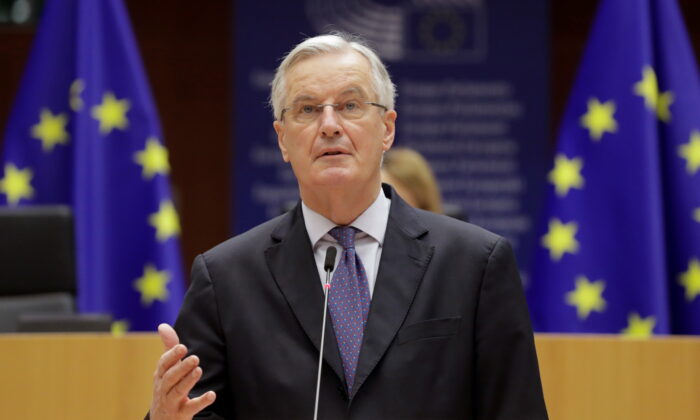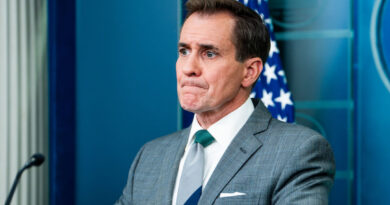Macron Appoints Michel Barnier as France’s New Prime Minister
Following a two-month deadlock after a snap general election, a united government in France is set to be formed under the leadership of the EU’s former Brexit negotiator.
President Emmanuel Macron has appointed Michel Barnier, the European Union’s former Brexit negotiator, as France’s next prime minister.
Barnier’s official announcement came on Thursday after a caretaker government had been in place for over 50 days.
The 73-year-old, who led the EU’s negotiations with Britain from 2016 to 2021, has previously held various roles in French governments and served as the EU commissioner.
Macron and his team made significant efforts over the past weeks to find a suitable candidate to form a new government after a snap election defeat two months ago.
Left-Wing
At the time, Macron emphasized the need for institutional stability and highlighted that a government led by the NFP would face an immediate no-confidence vote from all other parties.
“The Socialist Party, the Greens, and the Communists have not put forward proposals for cooperation with other political forces. It is now their responsibility to do so,” Macron stated.
He announced plans to initiate new consultations with party leaders and encouraged the left to collaborate with other political entities.
In early June, Macron called for a snap election, resulting in a hung parliament and creating political uncertainty. Since then, discussions regarding a new government have been ongoing, with Macron indicating his commitment to the process.
Following the snap election, no single group secured a clear majority, with the vote evenly divided between the NFP, Macron’s centrist party En Marche, and the right-wing National Rally.
This story is developing and will be updated as new information becomes available.
Reuters contributed to this report.





